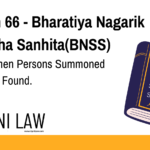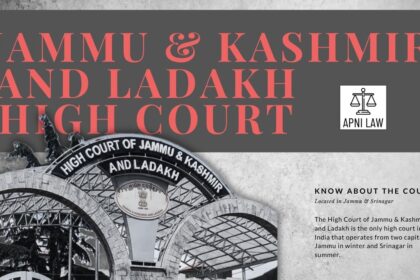Section 478 CrPC: Power to Alter Executive Magistrate Functions in Specific Cases
1. State the Code
Section 478 of the Code of Criminal Procedure, 1973 (CrPC) grants the power to the High Court or the Court of Session to alter the functions of an Executive Magistrate in specific cases.
2. Explain it
This section empowers the High Court or the Court of Session to modify or change the powers and duties of an Executive Magistrate when it is deemed necessary for the effective administration of justice in a particular case. This includes:
- Expanding the powers of an Executive Magistrate beyond their usual jurisdiction.
- Limiting or restricting the powers of an Executive Magistrate in specific cases.
- Assigning additional functions to an Executive Magistrate that are not typically within their purview.
The Court can make these alterations by issuing an order or directions under Section 478. This power is exercised when the Court finds that the normal functions of the Executive Magistrate are insufficient to handle a particular case or situation.
3. Illustrate it
Consider a scenario where a major communal riot has broken out in a specific area. To ensure peace and order, the High Court might use Section 478 to empower a specific Executive Magistrate to enforce curfew, prohibit public gatherings, and take other necessary steps to control the situation. This would expand the Magistrate’s usual powers in the interest of public safety.
4. Gist of Common Questions and Answers
Q: Who can invoke Section 478?
A: The High Court or the Court of Session has the authority to invoke this section.
Q: What are the grounds for invoking Section 478?
A: The Court must find that it is necessary for the administration of justice to alter the functions of the Executive Magistrate. This could be due to the unique circumstances of a specific case, public safety concerns, or other exceptional reasons.
Q: What are the limitations on the Court’s power under Section 478?
A: The Court’s power to alter Executive Magistrate functions is not unlimited. The alterations must be reasonable and justified, and they should not violate any other provisions of law.






